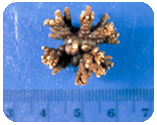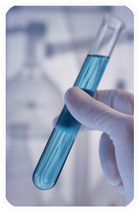Welcome to the Kidney Stone Clinic
The clinic is run by Dr Paul Cook, Consultant in Chemical Pathology and Metabolic Medicine, a specialist in metabolic disorders including the medical investigation and medical treatment of kidney stones.
Kidney stone disease is a common worldwide problem. In the United Kingdom, at any one time, 5% of the population has a kidney stone. The lifetime risk of passing a kidney stone is about 8-10%.
There are many risk factors for kidney stones. These include type of job, family history, diabetes mellitus, diet, abnormalities of the urinary tract and a range of metabolic abnormalities.
Without treatment stone recurrence is common. 10% of stone formers will have another stone within 1 year, 35% will have another stone within 5 years and 50% will have another stone within 10 years. Once recurrent, the subsequent relapse risk is increased and the interval between recurrences is shortened.
Passing a kidney stone is an extremely painful and distressing condition. Over the past decade there have been significant advances in surgical management of kidney stones. As a result, surgical treatment of kidney stones is now very successful, but surgery does not reduce the chances of further stones forming. Lifestyle advice and medical treatment can reduce the rate of stone recurrence.
At the Kidney Stone Clinic, consultations are undertaken to determine the cause for your kidney stones. Metabolic investigation is directed towards identifying risk factors associated with kidney stones. This allows appropriate treatment to be started and its effectiveness monitored ultimately reducing the chance of further kidney stone formation.


